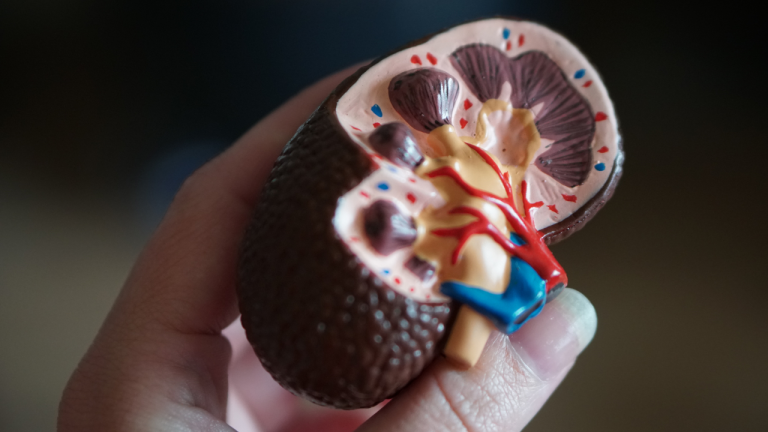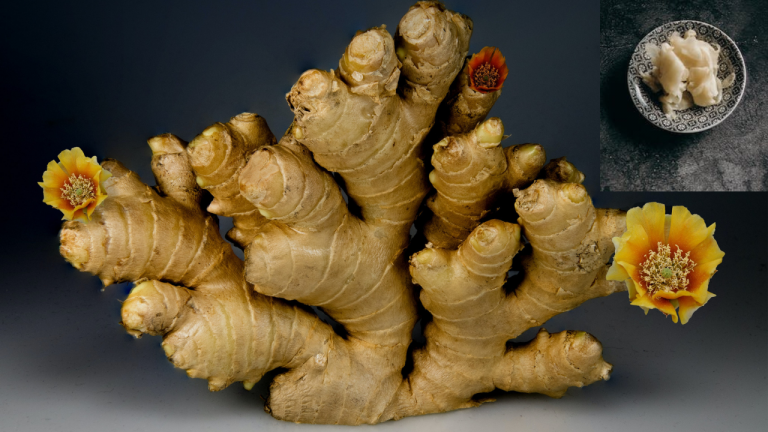Natural Dietary Guidelines and Home Remedies for Gallbladder Stone Removal

Certainly! Here are some home remedies, dietary guidelines, and a diet plan to help naturally remove gallbladder stones:
- Stay Hydrated: Drink plenty of water throughout the day to help prevent the formation of gallstones and facilitate their removal.
- Lemon Juice: Start your day with a glass of warm water mixed with freshly squeezed lemon juice. Lemon juice may help dissolve gallstones due to its acidity.
- Apple Cider Vinegar: Incorporate apple cider vinegar into your diet by diluting it in water and consuming it before meals. It is believed to promote gallbladder health and aid in dissolving gallstones.
- Dandelion Root: Drink dandelion root tea regularly. Dandelion root is thought to stimulate bile production and promote gallbladder function, potentially aiding in the elimination of gallstones.
- Artichokes: Include artichokes in your diet, as they contain compounds that may help increase bile production and improve digestion, potentially reducing the risk of gallstone formation.
- Turmeric: Add turmeric to your cooking or consume it as a supplement. Turmeric has anti-inflammatory properties and may help prevent the formation of gallstones.
- Low-Fat, High-Fiber Diet: Follow a diet that is low in unhealthy fats and high in fiber. Opt for lean proteins, whole grains, fruits, and vegetables while minimizing the consumption of fried and fatty foods.
- Healthy Fats: Incorporate healthy fats such as olive oil, avocados, and nuts into your diet in moderation. These fats can help regulate bile production and promote gallbladder health.
- Avoid Trigger Foods: Identify and avoid foods that trigger gallbladder attacks, such as spicy foods, greasy foods, dairy products, and refined sugars.
- Regular Physical Activity: Engage in regular exercise to maintain a healthy weight and promote gallbladder function. Aim for at least 30 minutes of moderate-intensity exercise most days of the week.
Diet Plan:
- Breakfast: Start your day with oatmeal topped with fresh berries and a sprinkle of ground flaxseeds. Drink a glass of warm water with lemon juice.
- Mid-Morning Snack: Enjoy a piece of fruit such as an apple or pear.
- Lunch: Have a mixed green salad with grilled chicken breast, cherry tomatoes, cucumber, and a drizzle of olive oil and balsamic vinegar dressing.
- Afternoon Snack: Snack on carrot sticks with hummus.
- Dinner: Prepare baked salmon with steamed broccoli and quinoa. Season with turmeric and lemon juice for added flavor.
- Evening Snack: Enjoy a small bowl of mixed nuts such as almonds, walnuts, and pistachios.
Remember to consult with your healthcare provider before starting any new diet or home remedy regimen, especially if you have existing health conditions or are currently undergoing treatment.
Dietary guidelines for gallbladder stones aim to reduce symptoms, prevent further stone formation, and support overall gallbladder health. Here are some recommendations:
- Low-Fat Diet: Reduce your intake of high-fat foods, especially saturated and trans fats. These fats can trigger gallbladder contractions and worsen symptoms. Choose lean protein sources such as poultry, fish, and legumes, and opt for healthy fats like olive oil, avocado, and nuts in moderation.
- High-Fiber Foods: Include plenty of fiber-rich foods in your diet, such as fruits, vegetables, whole grains, and legumes. Fiber helps regulate digestion and may prevent the formation of gallstones by promoting regular bowel movements and reducing bile cholesterol levels.
- Healthy Eating Habits: Practice mindful eating and avoid overeating. Eating large meals or consuming excessive amounts of food at once can overwhelm the gallbladder and lead to discomfort. Instead, opt for smaller, more frequent meals throughout the day.
- Hydration: Stay well-hydrated by drinking plenty of water. Adequate hydration can help prevent the bile from becoming too concentrated, reducing the risk of gallstone formation. Aim to drink at least 8-10 cups of water per day, or more if you’re physically active or live in a hot climate.
- Limit Trigger Foods: Identify and avoid foods that commonly trigger gallbladder symptoms, such as spicy foods, greasy or fried foods, dairy products, caffeine, and alcohol. Keep a food diary to track your symptoms and identify any potential triggers.
- Moderate Caffeine and Alcohol: While moderate consumption of caffeine and alcohol may not directly cause gallstones, excessive intake can irritate the gallbladder and exacerbate symptoms. Limit your intake of coffee, tea, soda, and alcoholic beverages.
- Calcium-Rich Foods: Consuming calcium-rich foods may help reduce the risk of gallstone formation. Include sources of calcium such as low-fat dairy products, fortified plant-based milk, leafy greens, tofu, and almonds in your diet.
- Vitamin C: Some studies suggest that vitamin C may help prevent the formation of gallstones by converting cholesterol into bile acids. Include foods rich in vitamin C, such as citrus fruits, strawberries, kiwi, bell peppers, and broccoli, in your diet.
- Avoid Rapid Weight Loss: Avoid crash diets or rapid weight loss programs, as they can increase the risk of gallstone formation. Instead, aim for gradual, sustainable weight loss through a combination of healthy eating, regular exercise, and lifestyle modifications.
- Consult a Dietitian: If you have gallbladder stones or are at risk of developing them, consider consulting a registered dietitian. They can provide personalized dietary advice, help you create a meal plan tailored to your needs, and support you in making lifestyle changes to promote gallbladder health.
These dietary guidelines can help manage symptoms and reduce the risk of complications associated with gallbladder stones. However, it’s essential to consult with your healthcare provider for a comprehensive treatment plan tailored to your individual health needs.



